faculty affiliates
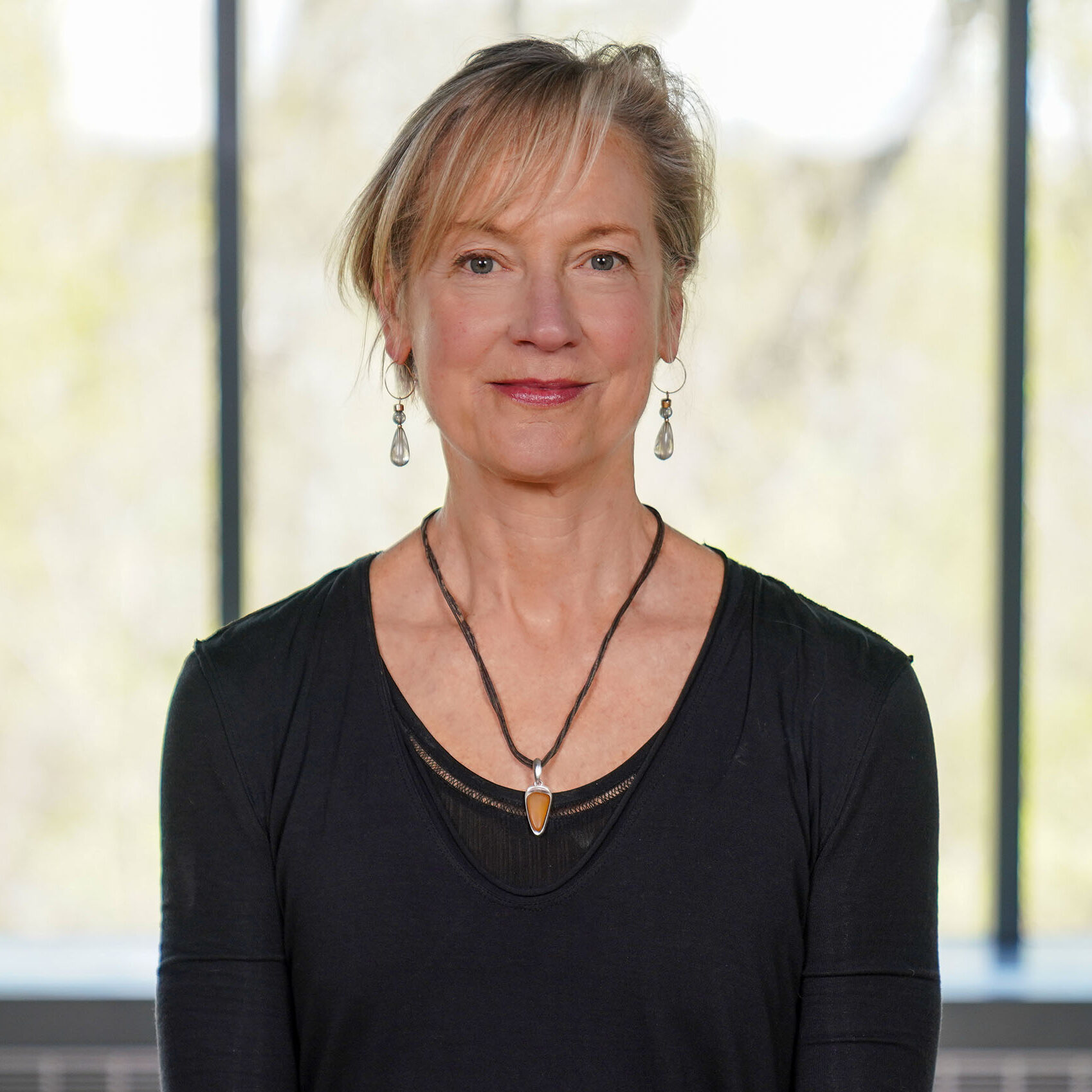
Amy Chavasse
School of Music, Theatre & Dance
Arthur F Thurnau Professor and Professor of Dance
view bio
Amy Chavasse, (she, her) choreographer, performer, educator, improviser, and Artistic Director of Chavasse Dance & Performance is currently a Professor in the Department of Dance at the University of Michigan, located on the traditional territories of the Anishinaabe people of the Three Fires — the Ojibwe, Ottawa and Potawatomi. Recent projects include performances of How to Stay in a Dream with the Compañía Nacional de Danza de Costa Rica in San José, Costa Rica, with dance artists from Buenos Aires, Mexico City, and Brooklyn, NY. In 2019 she created a duet, Plunder Thunder with Nicole Reehorst and Emily Soong, for the Detroit Dance City Festival. Am invitation to participate as a guest artists at 201Urban Spaces Shanghai Festival from October 3-9, 2019, led to performances of Plunder Thunder at The Shanghai Tower, teaching at The Shanghai International Dance Center, and The Children’s Palace in Shanghai. Plunder Thunder, was revived and reimagined in collaboration with Stephanie Gennusa and Rowan Janusiak, followed by performances at Detroit Dance City Festival, The New Dance Festival (Daejon, South Korea) and the Goyang International Dance Festival (Seoul) in September 2022, as well as guest teaching at Kyunghee University in Goyang, and Chungnam University in Daejon. Her work has also been presented at Jacob’s Pillow Inside/Out, Movement Research at Judson Church, Links Hall/Chicago, Dance New Amsterdam, The Dance Complex- Boston, the Texas Improvisation Festival and other venues. Internationally, she has taught, and her work has been presented in Uppsala, Sweden: Cuba: Kaunus and Vilnius, Lithuania: Vienna; Cali, Colombia; Vancouver BC; Buenos Aires; the American Dance Festival/Henan (China) and The Beijing Dance Festival, at Duncan 3.0 in Rome, and at ResExtensa’s Instituto Vittoria in Giovinazzo, Italy. She was on faculty at Florence Summer Dance from 2007- 2015, and ProDanza Italia from 2007-2013. She premiered Low Winter Light, a duet for Donnell Oakley and Jessica Jolly at The Beijing Dance Festival in 2013. She collaborated with members of Tanz Tangente in Berlin in 2015 and 2016. Collaborating with Sarah Konner and Austin Selden (BFA Dance alums), she contributed to the creation of an evening length work- Emi, Amy and Mimi, the Celebrated Love Partners and Their Bicycle Emi Nomo, that had performances in Brooklyn and the Arthur Miller Theater. She collaborated with Sarah Konner, Austin Selden and Beth Graczyk in the creation of a companion work to “Emi Nomo” called Manicula is a Revolver. She presented improvisation workshops at the International Society of Improvised Music in Chateaux D’Oex, Switzerland in June 2015, and an alternative movement presentation at The University of Valetta, Malta as part of the Dance Studies Association conference in 2018. She was a WFSS faculty at The American Dance Festival from 2009- 2014. Touring the U.S. in 2015-16 with Sola, Dances by and for Women, she created and performed a solo, Conspiracy Going, Amy Needs A Lot of Empathy, prompting Melanie Weisen of the Tampa Art Breaker to write: “The most polarizing of the six pieces, Amy Chavasse’s Conspiracy Going, seemed to be a rejection of the easy, digestible works seen on television. A mix of spoken word and dance, Chavasse, with no musical accompaniment, performed the intensely personal piece with incredible athleticism and passion. Her verbal commentary of sadism and authority, matched by her powerful and aggressive physicality, was the most provocative piece of art I have seen in the past year”. Collaborators include Sarah Konner, Xan Burley, Alex Springer, Austin Selden, Peter Schmitz, Lisa Gonzalez, Beth Graczyk, Donnell Oakley, Jessica Jolly, Aidan Feldman, Malcolm Tulip, Steve Rush and others. Amy has worked in many independent dance and theater projects and companies in NYC, Washington, DC, Seattle, San Diego and North Carolina, and with Laura Dean Dancers & Musicians, Bill Young/ Colleen Thomas Dancers. As a performer she garnered this review from the late Jack Anderson, writing in The New York Times — “Ms. Chavasse commanded the stage with the authority of a high priestess.” At the University of Michigan, she choreographs for opera and theater productions, works in multidisciplinary projects with students and faculty in Engineering, Performing Arts Technology, Art & Design, ArtsEngine and Theatre & Drama, and was a founding faculty member of the UARTS 250 course, Creative Process. She launched a study abroad program in Seville, Spain with BFA Dance alum, Catherine Coury in 2019, with a re-launch, post pandemic in 2023. Since arriving at U-M in 2007, she has been committed to creating international opportunities and exchanges for her students and has hosted numerous international artists/companies at the SMTD. She is a faculty affiliate in Arts Initiative, the Center for Chinese Studies and the Institute for Research on Women and Gender. Prior to coming to U-M, she was a guest artist, artist-in-residence and/or Visiting faculty at Cornish College of the Arts, Arizona State University, University of North Carolina School of the Arts, Bennington, Middlebury, UNC-Greensboro, George Washington among others. BFA – University of North Carolina School of the Arts; MFA – The University of Washington.
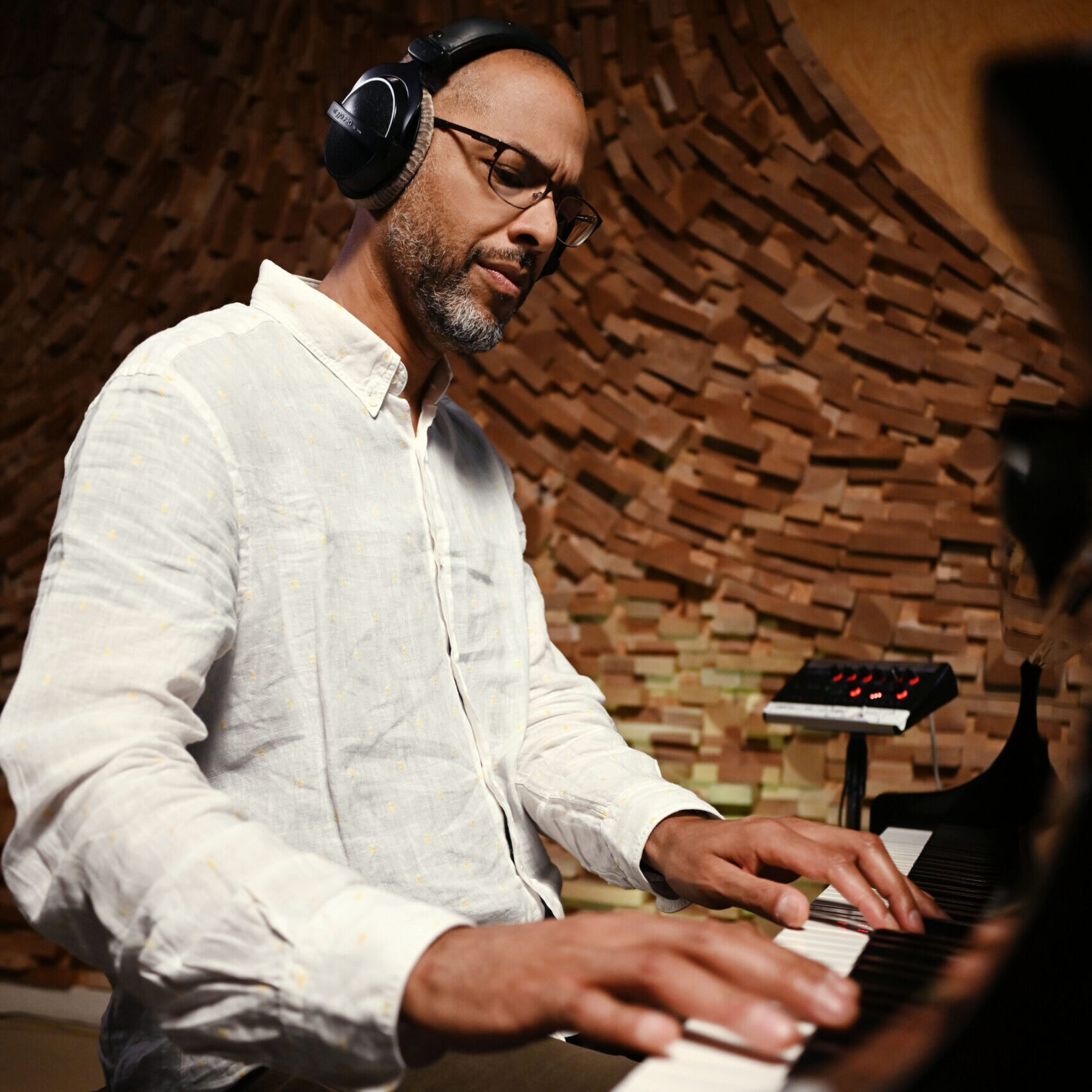
Andy Milne
School of Music, Theatre & Dance
Assistant Professor of Music
view bio
Assistant Professor Andy Milne is the principal piano faculty in U-M’s School of Music, Theater and Dance (SMTD) Department of Jazz and Contemporary Improvisation. He is the director of Small Jazz Ensembles (SJE) where the focus is learning jazz repertoire and musicianship in groups ranging from two to nine musicians. He also teaches “Jazz Forum,” the multi-faceted lecture/demonstration/discussion component to the small jazz ensemble experience for all students in the Jazz Department. In addition, Professor Milne is involved in research at U-M with practitioners in design, public health, and medicine, working to generate greater understanding of the role of music in healing.
A celebrated pianist/composer and two-time Juno Award winner for Jazz Album of the Year: Group, Milne has demonstrated boundless versatility for over 30 years. A fearless improviser and respected voice at the heart of New York’s creative jazz scene, he has collaborated with dancers, film makers, authors, visual artists, poets, and musicians spanning multiple genres. In 2023 CBC Television premiered the documentary series “Black Life – Untold Stories”, which features Milne’s score to “Revolution Redux”. His music can also be heard in the 2023 Showtime series “Fellow Travelers”, for which he served as a cast member, music arranger and director. Milne began working in film and tv in 2011 when he scored seven Star Trek themed documentaries for acclaimed actor/director William Shatner.
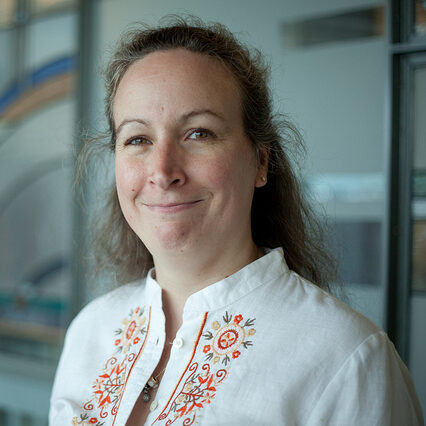
Anouck Girard
College of Engineering
Professor of Robotics and Professor of Aerospace Engineering
view bio
Professor Girard’s interests include the dynamics, control, and optimization of advanced, increasingly autonomous robots and vehicles operating in space, air, ground or marine domains. She is a co-director of the Vehicle Optimization, Dynamics, Control and Autonomy Laboratory. In addition to modeling and control of the mechanical motions of such vehicles, Professor Girard, and the lab consider the related problems of trajectory optimization, increasing autonomy, optimal energy and heat management, and information collection. Recent applications include spacecraft, UAVs, fighter jets, autonomous cars, America’s Cup foiling catamarans and zero-emission ships.
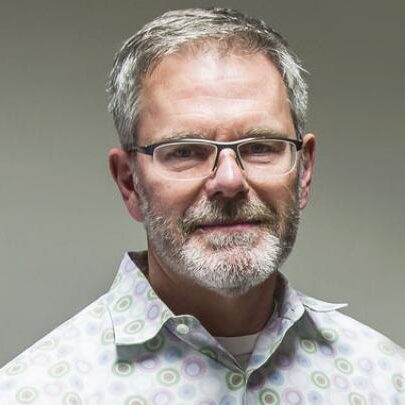
Brent Gillespie
College of Engineering
Professor of Robotics and Professor of Mechanical Engineering
view bio
Degrees:
Ph.D., Mechanical Engineering, Stanford University, 1996
M.S., Mechanical Engineering, Stanford University, 1992
Master of Music, San Francisco Conservatory of Music, 1989
B.S., Mechanical Engineering, University of California at Davis, 1986
Research Interests:
Haptic interface and robotics
Honors & Awards
- Invited Participant at the National Academies Keck Futures Initiative Program on Smart Prosthetics, November 2006
- Delegate to the National Academy of Engineering Frontiers of Engineering, Fall 2004
- Representative of the University of Michigan at the 9th Annual Coalition for National Science Funding Exhibition and Reception for members of the U.S. Congress and congressional staff.
- Presidential Early Career Award for Scientists and Engineers (PECASE), National Science Foundation, 2001
- Member, Tau Beta Pi
- CAREER Award, Division of Computational Science and Engineering, Robotics and Human Augmentation Program, National Science Foundation, 2001
- Journal of Robotics and Automation Best Paper Award Nomination, International Institute of Electrical and Electronics, 2000
- New Century Scholars Workshop, Stanford University, National Science Foundation, June 2000
- CISE Postdoctoral Research Associate in Computational Science and Engineering, National Science Foundation, 1996-1998
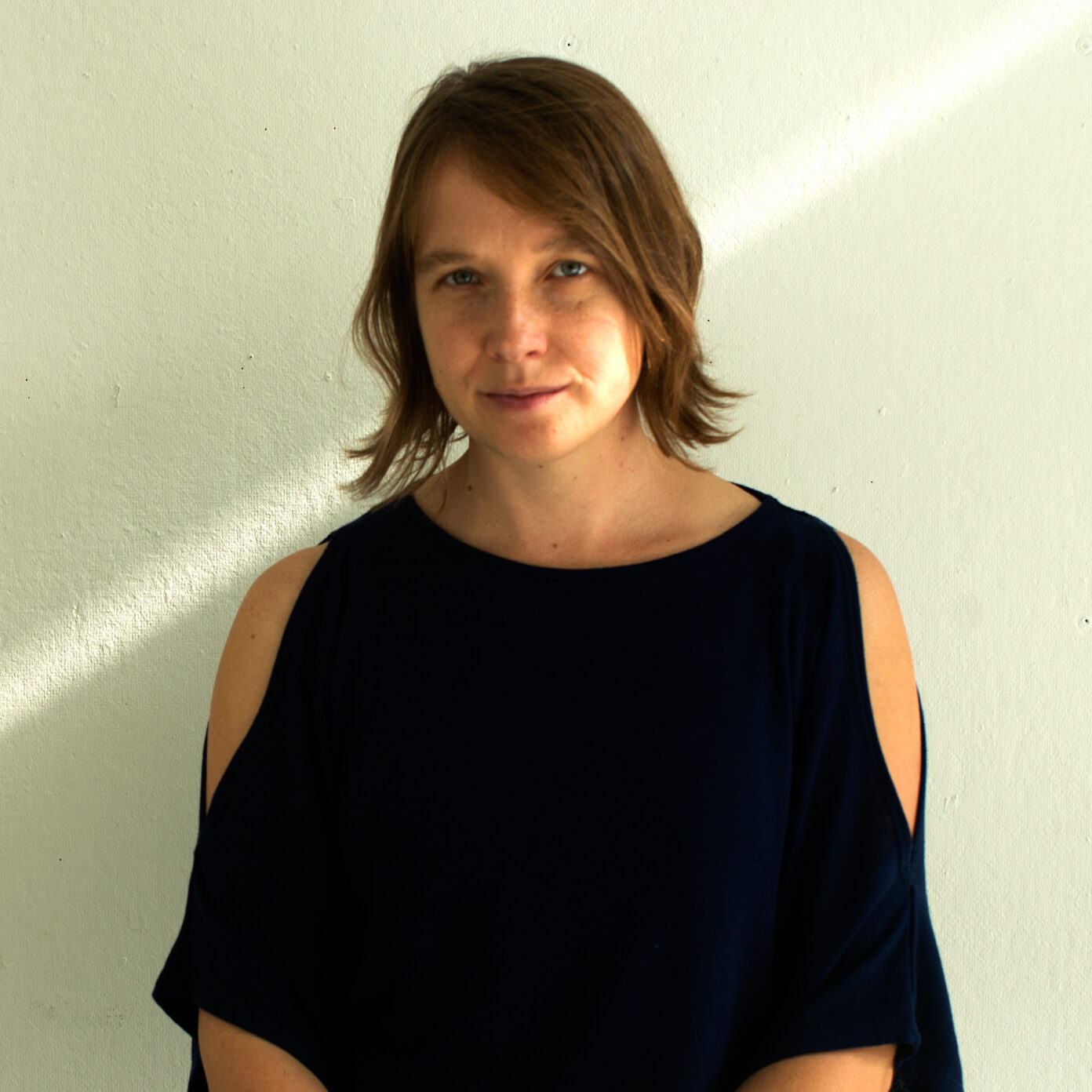
Catie Newell
A Alfred Taubman College of Architecture and Urban Planning
Associate Professor of Architecture
view bio
Catie Newell develops material and optical assemblies that amplify our connection to a living and spinning earth. As the founding principal of the architecture and research practice Alibi Studio and an Associate Professor of Architecture at University of Michigan’s Taubman College, Newell’s research and creative practice has been widely recognized for exploring design construction and materiality in relationship to location and geography. The work ranges in scale from buildings to products and explores the world most deeply with material systems and optical captures. Alibi Studio deploys material explorations, illumination and darkness, and novel modes of occupation, all created through rigorous prototyping and custom fabrication tools. The process of fabrication is a vital act in the work, often amplifying material effects and situational influences, intertwining the processes of making and design across the entire project. Her work has been shown in secret venues in Detroit, in the Arsenale of the Venice Biennale, in night-sensitive museum solo shows, and in the landscape of rural Michigan. Newell is a Lucas Fellow, a Kresge Artist Fellow, a WOJR/Civitella Fellow, and a Fellow of the American Academy in Rome.
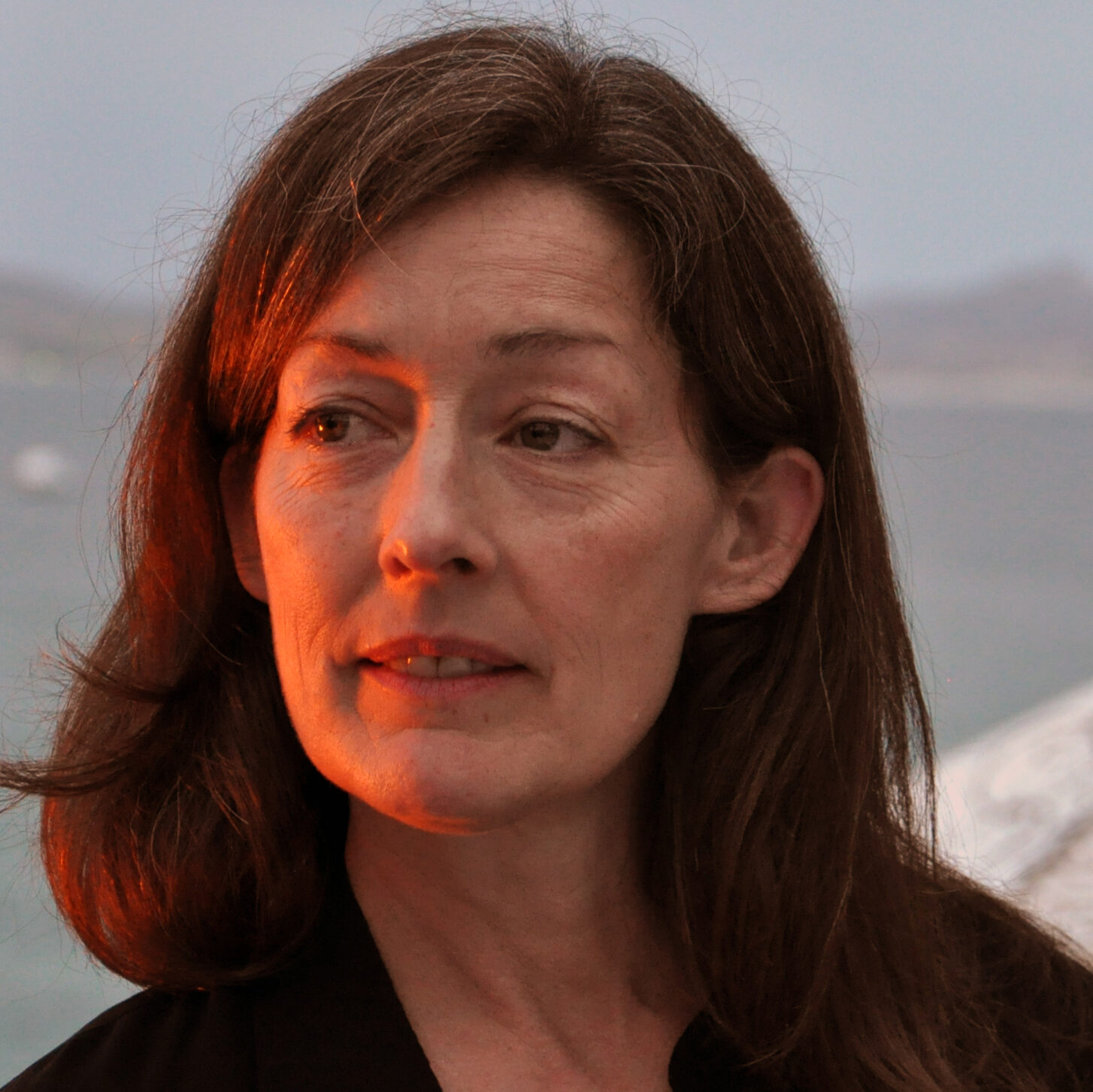
Dawn Gilpin
A Alfred Taubman College of Architecture and Urban Planning
Lecturer IV in Architecture and Urban Planning
view bio
Dawn Gilpin is Lecturer IV in Architecture at the University of Michigan, Taubman College of Architecture and Urban Planning where she teaches design studio with a focus on methods of visualizing design ideas and spatial narratives through immersive technologies. Gilpin teaches a course 3D terrestrial laser scanning certification with an introduction to photogrammetry and Unreal Engine. Supported by a corporate partnership with FARO Technologies, she is director of the [EIPC] Scan Lab in collaboration with Robert Adams, Associate Professor in Architecture.
Empathy in Point-Clouds [EIPC] coordinates an interdisciplinary research program that integrates LiDAR [Light Detection and Ranging] 3D point-cloud data captured from buildings, urban environments, and landscapes that are animated through the gaming platform and advanced 3D creation tool, Unreal Engine [UE], developing empathic, inclusive spatial narratives through immersive interfaces that expand the communicative structures of architecture.
Since 2020, she has led the UARTS FEAST [Faculty Engineering/Arts Students Teams]: Empathy in Point Clouds: Design Ideas and Storytelling through Immersive Technologies, a multi-disciplinary research team that develops and refines methods and workflows specific to data collection and integration of immersive technologies.
Gilpin received her M. Arch from Southern California Institute of Architecture, working in firms in Los Angeles, New York City, and Minneapolis. Gilpin’s 2016 Wallenberg Studio, “The Radical and The Preposterous: Mind the Gap”, won one of six ARCHITECT Studio Prizes, a national award recognizing exceptional design projects in architectural education. Gilpin is honored to be a multiple-year recipient of the Donna Salzer Award for Teaching Excellence.
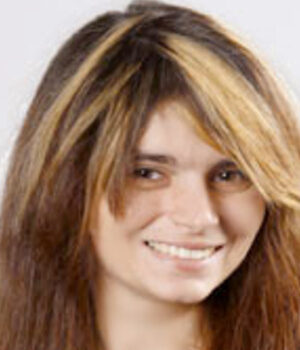
Elena Godin
School of Information
Lecturer IV in Information
view bio
Education
School of Fine Arts, South Ukrainian University, Odessa, Ukraine
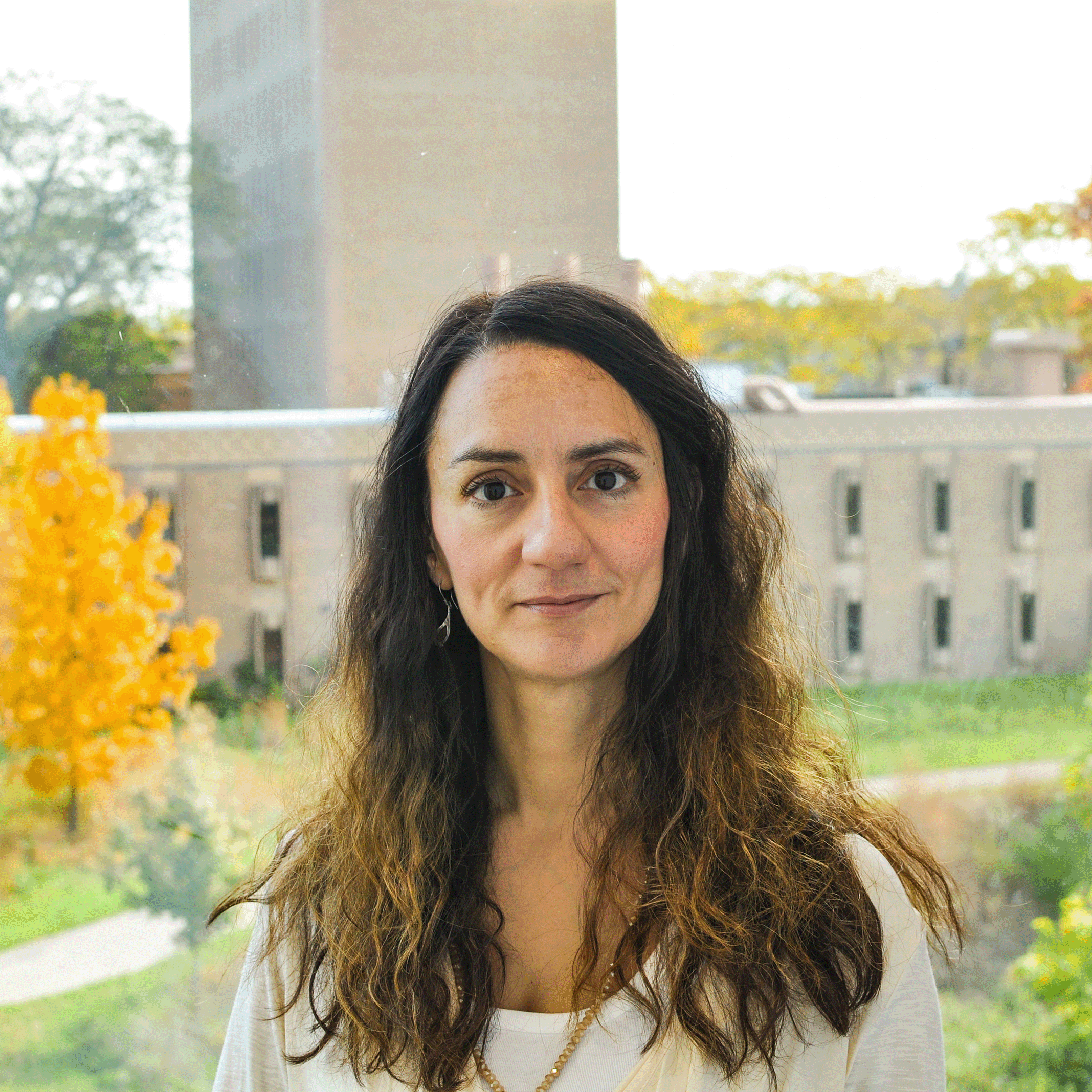
Eleni Gourgou
College of Engineering
Associate Research Scientist, Mechanical Engineering and Adjunct Lecturer in ArtsEngine
view bio
Eleni is an Associate Research Scientist (Research Faculty) at the U-M Mechanical Engineering Department, where she investigates the dynamics of biological systems and the neuronal basis of learning, memory, and locomotion. In her research, she employs behavioral assays, neuromechanics, customized hydrogel 3D-printing, and mathematical models. She is interested in making the lab environment accessible to everyone, she explores the integration of Arts, Science and Engineering, and she teaches creative microscopy as part of the engineering module of UARTS250/550 course. She is the recipient of a K01 NIH Career Development Award, and of the 2021 Willie Hobbs Moore Aspire, Advance and Achieve Award, by the U-M Women in Science and Engineering.
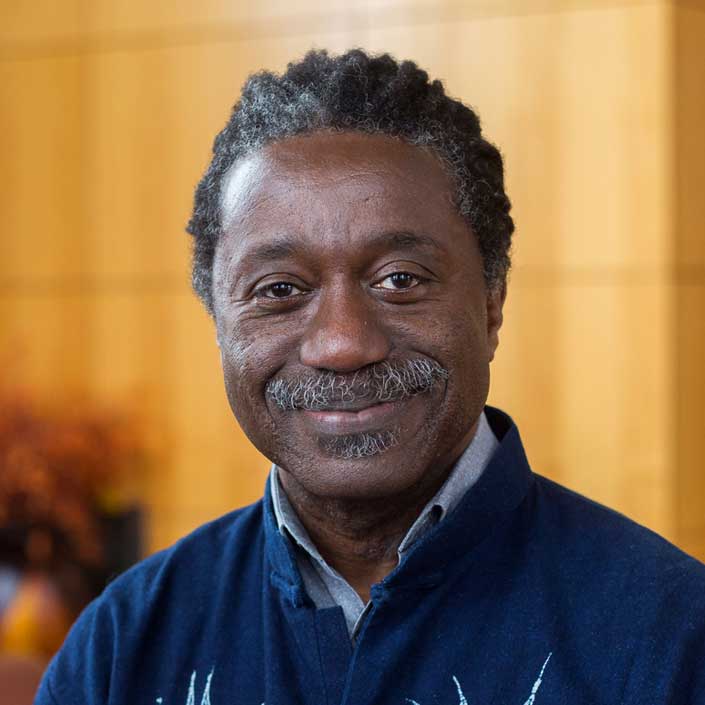
Herbert Winful
College of Engineering
University Diversity and Social Transformation Professor, Joseph E and Anne P Rowe Professor of Electrical Engineering, Arthur F Thurnau Professor, Professor of Electrical Engineering and Computer Science
College of Literature, Science, and the Arts
Professor of Physics
view bio
Herbert Winful earned a BS in electrical engineering from the Massachusetts Institute of Technology in 1975 and a PhD from the University of Southern California in 1981. From 1980 to 1986 he was a Principal Member of Technical Staff at GTE Laboratories in Waltham, MA. He joined the EECS department at the University of Michigan as an associate professor in 1987, became a full professor in 1992, and was named a Thurnau Professor in 1993. In 2019 he was named the Joseph E. and Anne P. Rowe Professor of Electrical Engineering.
He has made fundamental contributions to nonlinear fiber optics, nonlinear optics in periodic structures, the nonlinear dynamics of laser arrays, the propagation of single-cycle pulses, and the physics of tunneling.
He is a Fellow of the Optical Society of America, the American Physical Society, and the Institute of Electrical and Electronic Engineers. His many awards include the 2020 IEEE Photonics Society Quantum Electronics Award, the Arthur F. Thurnau Professorship, the Amoco/University Teaching Award, the State of Michigan Teaching Award, the College of Engineering Teaching Excellence and Service Excellence Awards, the EECS Professor of the Year Award (twice), the EECS Outstanding Achievement Award, the Presidential Young Investigator Award, and the Tau Beta Pi Distinguished Professor award.
Main Fields of Interest: Nonlinear Optics, Photonic Crystals, Ultrafast Optics, Tunneling Time, Laser Arrays
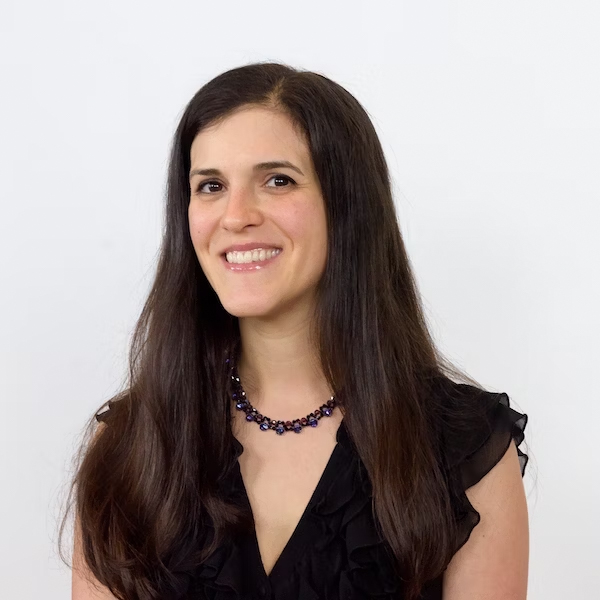
Kelly Murdoch-Kitt
Penny W Stamps School of Art and Design
Associate Professor of Art and Design
view bio
Kelly Murdoch-Kitt is a user experience designer and educator focused on people, systems, and interpersonal interactions. In her work and teaching, human connection drives the creation of effective and socially responsible concepts.
She integrates visual communication, user experience, and service design with behavior change and social engagement, drawing on her professional experience as a user experience strategist in the San Francisco Bay Area.
Murdoch-Kitt is the author of Intercultural Collaboration by Design: Drawing from Differences, Distances, and Disciplines through Visual Thinking (Routledge 2020). Based on her research with Assistant Professor Dr. Denielle Emans at Roger Williams University, their book offers more than thirty visual thinking activities to support effective collaboration among diverse teams. Murdoch-Kitt enjoys bringing these topics to life in the classroom, particularly through virtual exchanges with Professor Emans’ design courses. Murdoch-Kitt and Emans are currently working together on The ORBIT Project, an acronym that stands for the “Online Resource for Building Intercultural Teams.”
Prior to joining the Stamps School of Art & Design faculty, Murdoch-Kitt served as an Assistant Professor in the School of Design at the Rochester Institute of Technology. She also created and taught a variety of courses in the Graphic Design Programs at the University of San Francisco and California College of the Arts. She is a recent alumna of the National Steering Committee for the AIGA Design Educators Community, an organization that aims to support and foster professional development for design educators. Her excellence in teaching and contributions to service within the discipline have been recognized by the Design Incubation Communication Design Educator Awards: Intercultural Design Collaborations in Sustainability; and the Decipher 2018 Design Educators Research Conference.
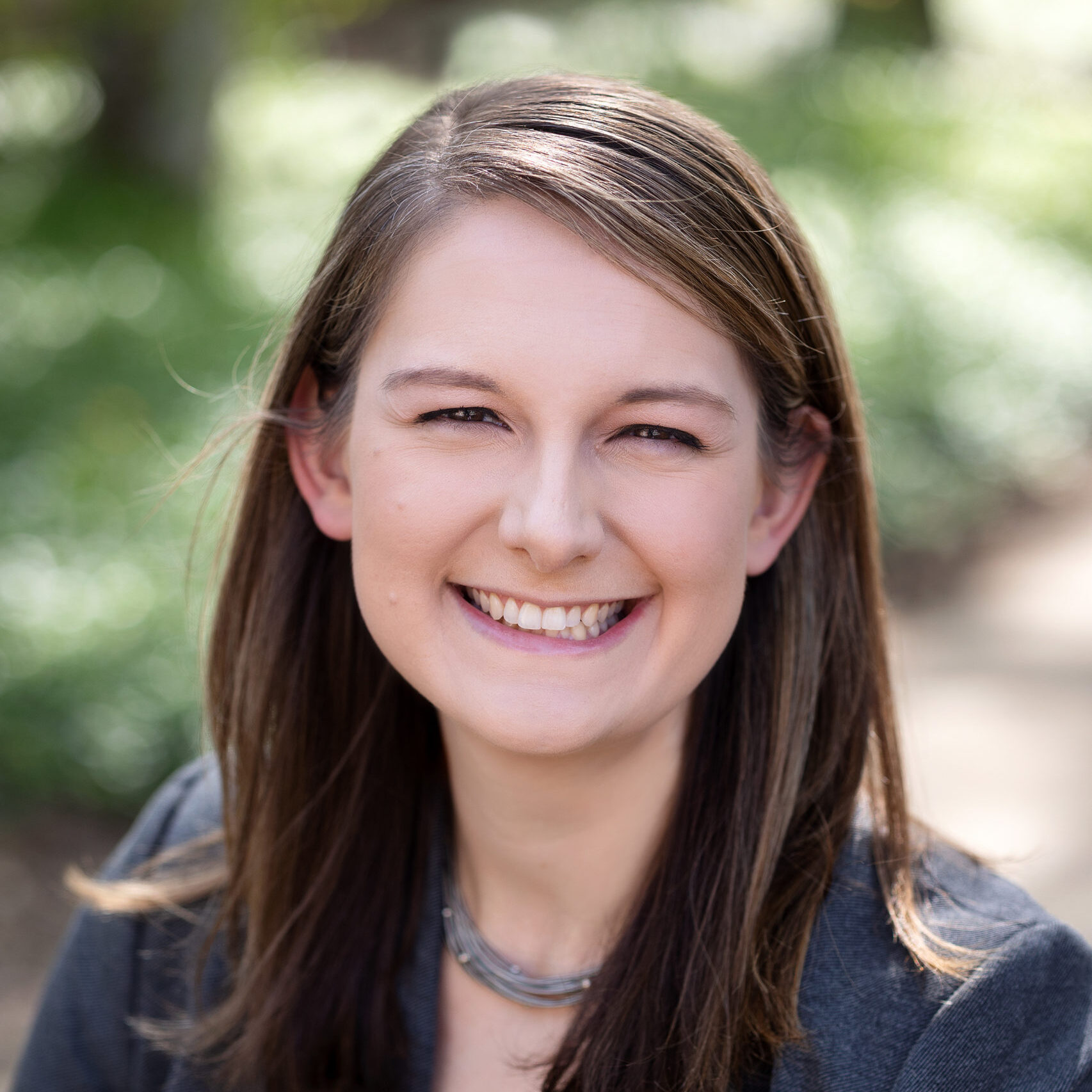
Leah Frederick
School of Music, Theatre & Dance
Associate Professor of Music
view bio
Leah Frederick specializes in mathematical approaches to music theory. She completed her Ph.D. in Music Theory from Indiana University in 2020 and earned a B.S. in Mathematics and a B.M.A. in Viola Performance from Penn State University in 2015.
Frederick’s scholarship examines ways in which musical objects can be represented with mathematical structures. She’s particularly interested in the interpretive nature of this mapping, that is, in the way in which one must make decisions about how to represent musical objects using mathematics in a way that best aligns with musical intuitions. Her current project uses transformational theory to study relationships between patterns in instrumental spaces (i.e., the layout of notes on an instrument) and the corresponding pitch relationships that they produce.
Her recently published work employs geometric and transformational techniques to examine properties of diatonic versus chromatic musical space. Her writing on voice leading in mod-7 space appears (or is forthcoming) in the Journal of Music Theory and Music Theory Spectrum. Her dissertation on this topic was awarded the Society for Music Theory’s 2020 SMT-40 Dissertation Fellowship and Indiana University’s 2018–20 Dean’s Dissertation Prize; a related conference paper received Music Theory Midwest’s 2018 Arthur J. Komar Award.
Frederick currently serves on the Executive Board for the Society for Mathematics and Computation in Music and on the Editorial Board for Music Theory Online. She previously served as co-chair for the Society for Music Theory’s Mathematics of Music Interest Group (2020–23). Before coming to the University of Michigan, she taught at Oberlin Conservatory (2019–22), where she was involved in the redesign and launch of Oberlin’s new undergraduate music theory curriculum. While at Indiana University, she served as editor of the Indiana Theory Review and was awarded the Wennerstrom AI Fellowship for outstanding teaching.
Frederick has studied viola with Atar Arad and Tim Deighton, and her writing on the viola repertoire appears in the Journal of the American Viola Society.
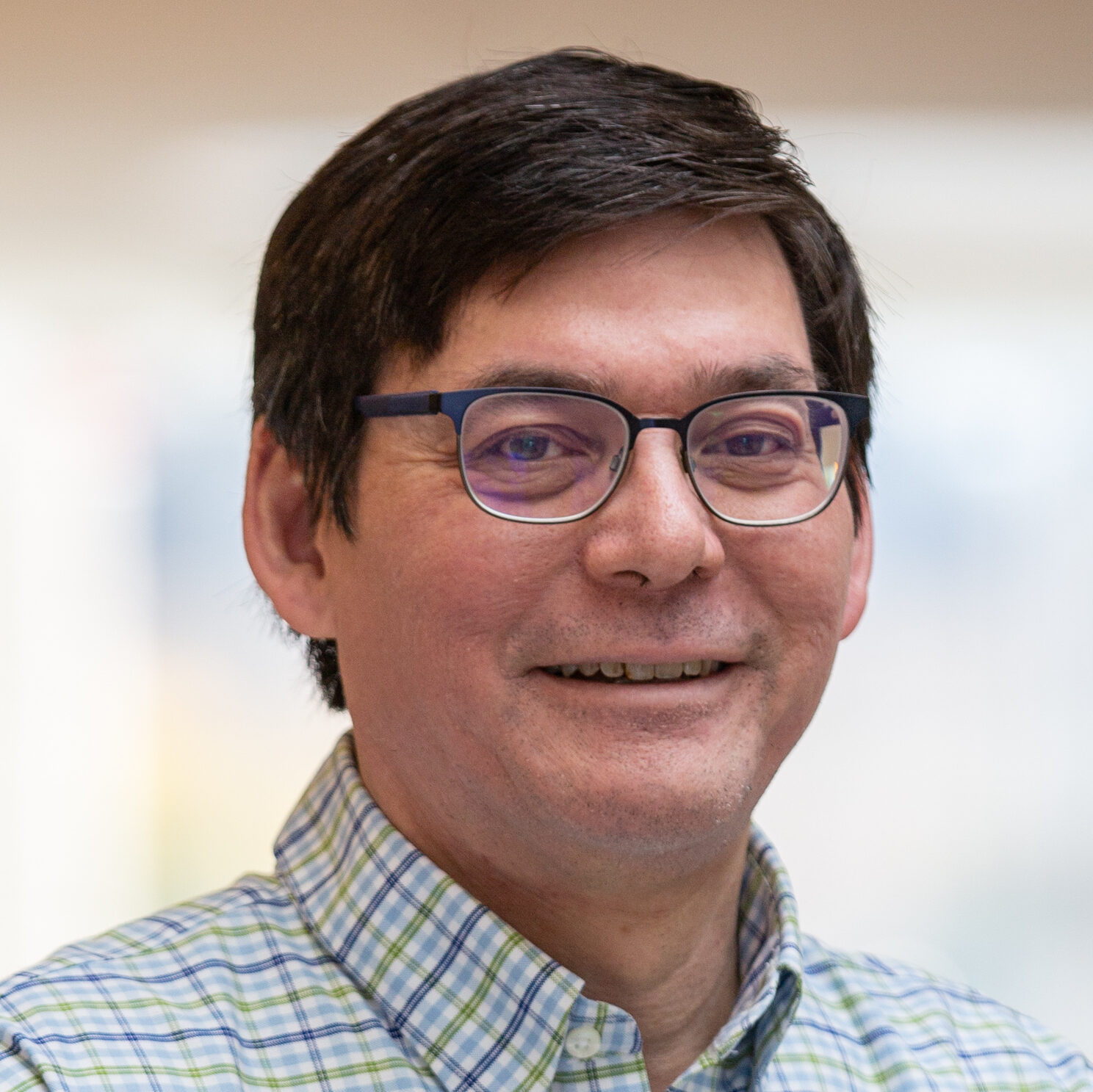
Mark Moldwin
College of Engineering
Arthur F Thurnau Professor, Professor of Climate and Space Sciences and Engineering and Director Academic Program
view bio
Mark Moldwin is an Arthur F. Thurnau Professor of Climate and Space Sciences and Engineering at the University of Michigan. He is the Executive Director of NASA’s Michigan Space Grant Consortium, Past-President of the American Geophysical Union’s (AGU) Education Section, and the Principal Investigator for NASA’s Geospace Dynamics Constellation’s NEMISIS magnetometer. Mark is an award-winning educator, author, researcher, and inventor that has been at the University of Michigan since 2009. Learn More.
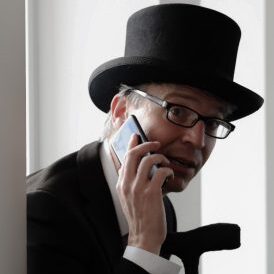
Matthew Solomon
College of Literature, Science, and the Arts
Professor of Film, Television and Media
view bio
Matthew Solomon has taught film history and theory at the University of Michigan since 2011. He studies early and silent cinema, classic Hollywood filmmaking, and French film. He is interested in cinema’s relationship to material culture and to the popular and performing arts. His teaching leverages new technologies (digital archives, audiovisual pedagogies, virtual reality) to empower students to create knowledge in new forms. In addition to a number of articles, book chapters, and other publications, several of which have been translated into French, German, Italian, and Czech, he is the author of Disappearing Tricks: Silent Film, Houdini, and the New Magic of the Twentieth Century, winner of the Kraszna-Krausz award for best moving image book; of a monograph on Chaplin’s The Gold Rush for the BFI Film Classics series; and of Méliès Boots: Footwear and Film Manufacturing in Second Industrial Revolution Paris, which was published with open access and is free to download here. He is the editor of Fantastic Voyages of the Cinematic Imagination: Georges Méliès’s Trip to the Moon, published with a critical edition DVD; and of the late Madeleine Malthête-Méliès’ Magnificent Méliès: The Authorized Biography, translated by Kel Pero. With Murray Pomerance, he co-authored The Biggest Thing in Show Business: Living It Up with Martin & Lewis, scheduled for publication in 2024. He co-edits the “Cinema Cultures in Contact” book series for the University of California Press and the “Out of the Archives” book series for the University of Michigan Press.
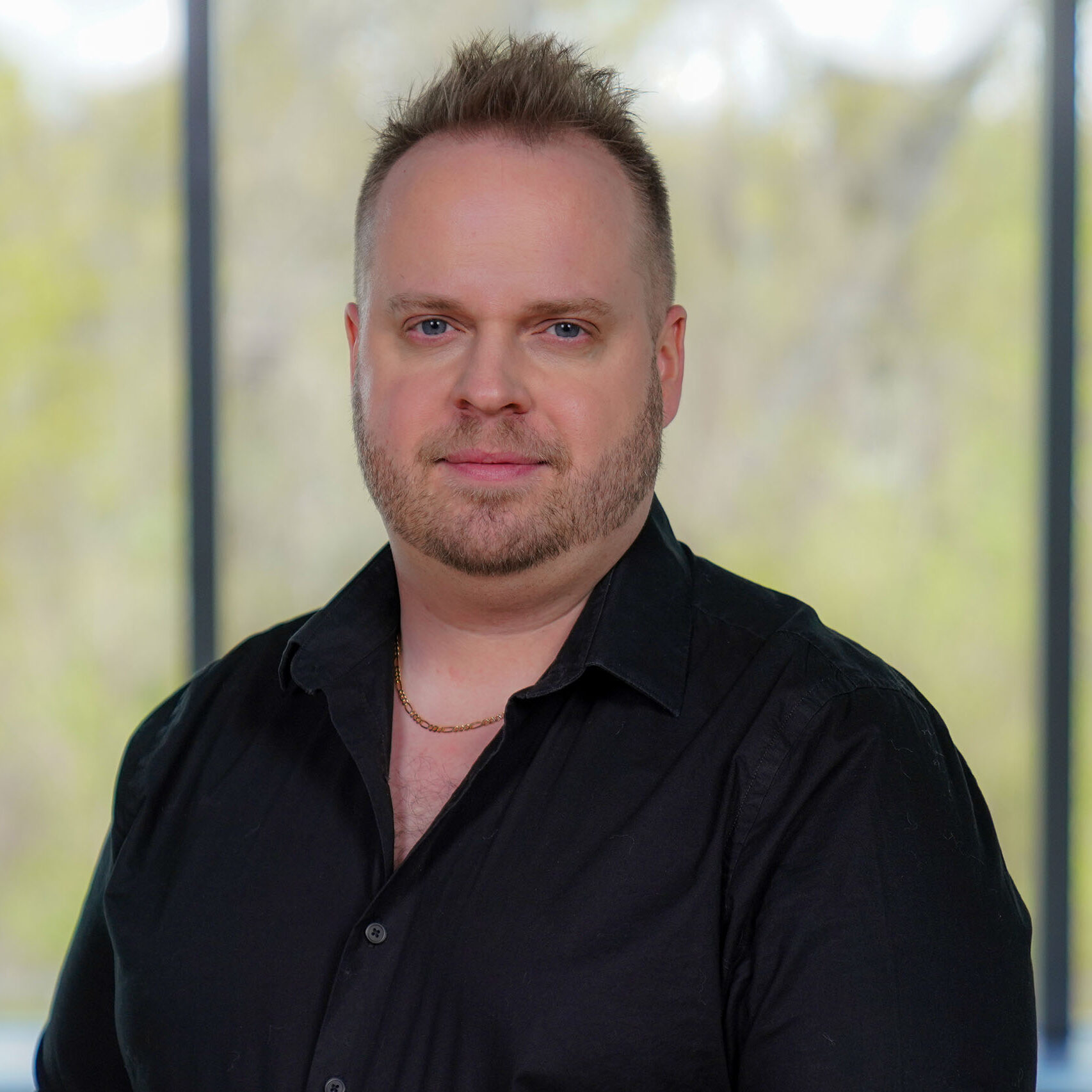
Matthew Thompson
School of Music, Theatre & Dance
Clinical Assistant Professor of Music
view bio
Matthew Thompson, DMA joined the SMTD faculty in 2011 and was recently described by a former student as “giving one of the most wholesome, nerdy, epic-but-modest unicorn professor experiences you’ll ever find at U-M.” Dr. Thompson is active as both a pianist and a vocal coach. His pioneering pedagogy using video game music has established him as an authority in this interdisciplinary academic field.
A lifelong gamer, Dr. Thompson’s interests in game audio have become a major component of his work. Over 1000 students have taken his groundbreaking Video Game Music class. This class provided the genesis of a 2021 chapter in Teaching the Game co-authored with Karen Cook, Julianne Grasso, Dana Plank, and Ryan Thompson. In 2020, Thompson released the world premiere recording of “For the Piano”, by Halo and Destiny composer, Marty O’Donnell. Thompson has presented multiple times at the North American Conference on Video Game Music (2018): “There’s no question you’ll be popular after performing these in front of your friends!” the pedagogy and performance of piano transcriptions of video game music. Also in 2018, Dr. Thompson chaired and presented for the first ever academic ludomusicology/ sound studies track at GameSoundCon, historically an industry based conference. During the same academic year, Thompson won a grant allowing him to create the first ever collegiate studio of pianists studying video game piano. As part of this experimental year, Thompson invited Video Game Pianist, Dr. Martin Leung, to have a residency at U-M and Thompson joined Leung for Leung’s first public performance of video game piano duets. Dr. Thompson has written proactively commissioned book reviews published in the American Journal of Play and maintains a blog at videogamemusicnerd.blogspot.com. Thompson is currently writing a book about everything video game piano.
As a pianist, Dr. Thompson has performed with operatic celebrities including Thomas Hampson, Golden Mask winner Vince Yi, and musical theater gurus like Tony Award winner, Gavin Creel. Thompson’s favorite work with singers is behind the scenes as a vocal coach; in this role he’s helped prepare singers for performances both locally and at the major stages of the world, including La Scala, the Met, and the Bolshoi. For the Department of Voice, in addition to his coaching work, he has taught classes on diction, art song, audition techniques, and has been music director for opera workshop performances. Equally comfortable collaborating with instrumentalists, Thompson has performed on the Ann Arbor Symphony Chamber Music Series, the Detroit Chamber Winds and Strings Series, and the Great Lakes Chamber Music Vignette Series. He regularly plays with SMTD faculty including Nancy Ambrose King, Amy Porter, Professor Emeritus Bill Campbell, Professor Emeritus Fritz Kaenzig, and Jeffrey Lyman. He has performed with the Flint Symphony and the Michigan Philharmonic. Thompson is Artistic Director for the Carolyn Mawby Chorale, based in Flint Michigan, which was recently featured in the Netflix original series, Flint Town. Thompson can be heard in numerous live performances online from Thompson’s YouTube channel and the Carolyn Mawby Chorale’s YouTube channel. He can also be heard in a recently released recording with U-M alumnus and oboist, Dr. Alex Hayashi, Japonica, and with David Ammer, trumpet, in La trompette a renouvelé.
Dr. Thompson has been honored multiple times recently by U-M for his interdisciplinary research and teaching. In 2019, U-M created the “Thompson Prize,” an annual award for a non-SMTD student to create a multidisciplinary project under his guidance. The same year, Thompson was bestowed Associate Faculty status by the U-M Center for Japanese Studies for his research in Japanese classical and video game music. In 2020, Thompson became an ArtsEngine Faculty Liaison and was awarded a U-M Multidisciplinary FEAST research team to embark on a multi-year study of Korean Art Song 가곡 (Gagok). The team is collecting scores, translating, recording, and phoneticizing the texts, with the goal of making these songs more accessible for English speakers.
Thompson received masters and doctoral degrees from The University of Michigan in collaborative piano, studying with his long time mentor, Martin Katz. His undergraduate degree, with highest honors and highest distinction, is from The University of North Carolina at Chapel Hill where he completed an honors thesis: The Russian school of piano in America: the pedagogy of Rosina Lhevinne. Thompson’s summer training included prestigious young artist programs Song Fest, the Merola Opera Program, and Wolf Trap Opera. Summers are now typically spent teaching music to students of all levels; most recently, he has been teaching at SMTD’s MPulse Vocal Arts Institute.
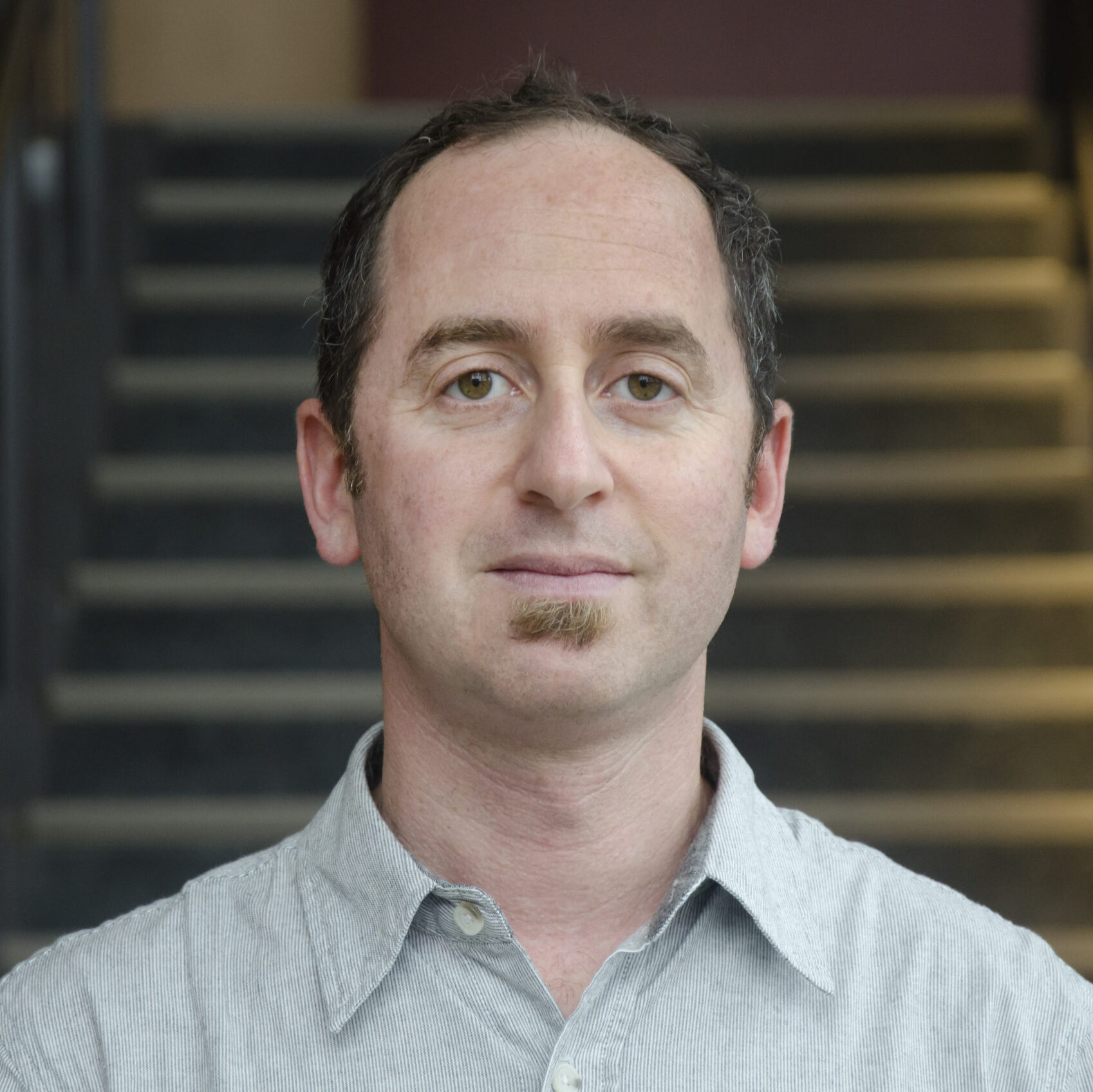
Michael Gurevich
School of Music, Theatre & Dance
Associate Professor of Music
view bio
Michael Gurevich teaches courses in media art, computer-based composition, and physical computing, and also designs, studies, and composes for interactive music systems. Framed through the interdisciplinary lens of Interaction Design, his research explores new aesthetic and interactional possibilities that can emerge in performance with real-time computer systems. Using quantitative, qualitative, ethnographic, and practice-based methods, he studies how phenomena such as skill and style appear in digital music performance.
Prior to the University of Michigan, Gurevich was a Lecturer at the Sonic Arts Research Centre (SARC) at Queen’s University Belfast, where he co-founded the Performative Interactions research group and co-directed QUBe, an ensemble for experimental and improvised music with acoustic and electronic instruments. He completed a postdoc at the Center for Computer Research in Music and Acoustics (CCRMA) at Stanford University, and spent 2 years as a research scientist at the Institute for Infocomm Research (I2R), a member of Singapore’s A*STAR family of leading R&D institutions.
During his PhD at Stanford he developed the first computational acoustic models of whale and dolphin vocalizations, working with Jonathan Berger and Julius Smith as well as collaborators at the Hopkins Marine Station and Stanford Medical School. Concurrent research with Chris Chafe and Bill Verplank investigated networked music performance and haptic music interfaces, which remain among his areas of interest today.
Gurevich is an active author, editor, and peer reviewer in the New Interfaces for Musical Expression (NIME), computer music, and human-computer interaction (HCI) communities. He has published in several leading journals and has presented his work at numerous conferences around the world.
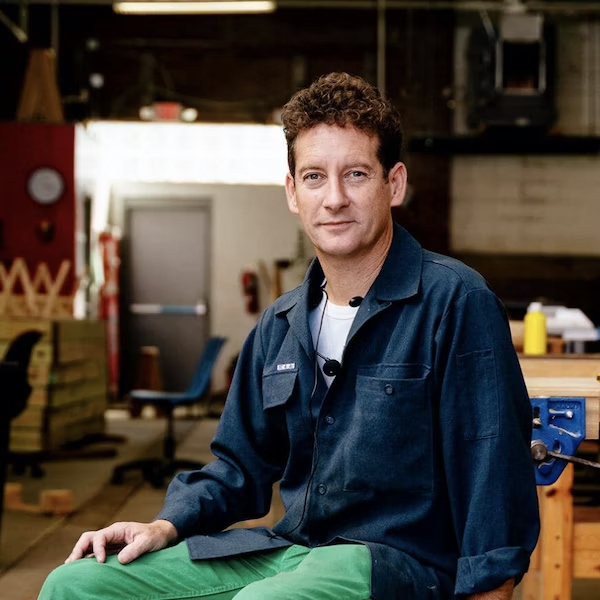
Nick Tobier
Penny W Stamps School of Art and Design
Professor of Art and Design
view bio
I studied history and art as an undergrad, and then sculpture (Bard College) and landscape architecture (Harvard) followed by professional practice at Landworks Studio/Boston and the NYC Department of Parks & Recreation/ Bronx Division as a designer. My real formative education in art and design was at Storefront for Art and Architecture, writing critical essays, facilitating public projects, exhibitions and and coordinating international competitions focussed on broad-thinking explorations of architecture and urban space beyond expected function. Prior to coming to U of M in 2003, I taught foundations at the School of Art and Design at Alfred.
My interest in the potential of public places (with or without elephants) has manifested itself in built public projects and actions in San Francisco, Detroit and New York, internationally from Toronto to Tokyo, Brussels to Medellin, in exhibitions at MOMA, The Smithsonian, The Queens Museum Kunsthalle Nikolaj/Copenhagen, at The Edinburgh, Minneapolis and Philadelphia Fringe Festivals and, upcoming at the Prague Quadrennial (2019 with Roland Graf). Project sites include bus stops, flea markets, Laundromats and car washes, and include the entrepreneurial design ventures, F.O.O.D. (Field of Our Dreams), Brightmoor Bikes and the Brightmoor Maker Space. Published wiriting includes Utopia Toolbox with Juliane Stiegele (U of M Press, 2016); a traveloge of Detroit’s People Mover, entitled Looping Detroit, (Maize Books, 2017) and The Crazy Pineapple (University of Oregon Papeprs on Power, 2021.) I have been honored to receive support for my work from, among others, The Harpo Foundation (2011), the Graham Foundation (2021) and the NEA/ National Endowment for the Arts (2015, 2017 and 2022)
In my current research and teaching, I focus on collaborative projects in the public realm. These efforts have included partnerships with furniture designers, bakers, farmers; critical and celebratory involvements between artists, designers and broad communities; and a commitment to lasting partnerships working with creative individuals and communities from Detroit to Ishinomaki through the Brightmoor Maker Space, an open to the community hands-on workshop (since 2011.)
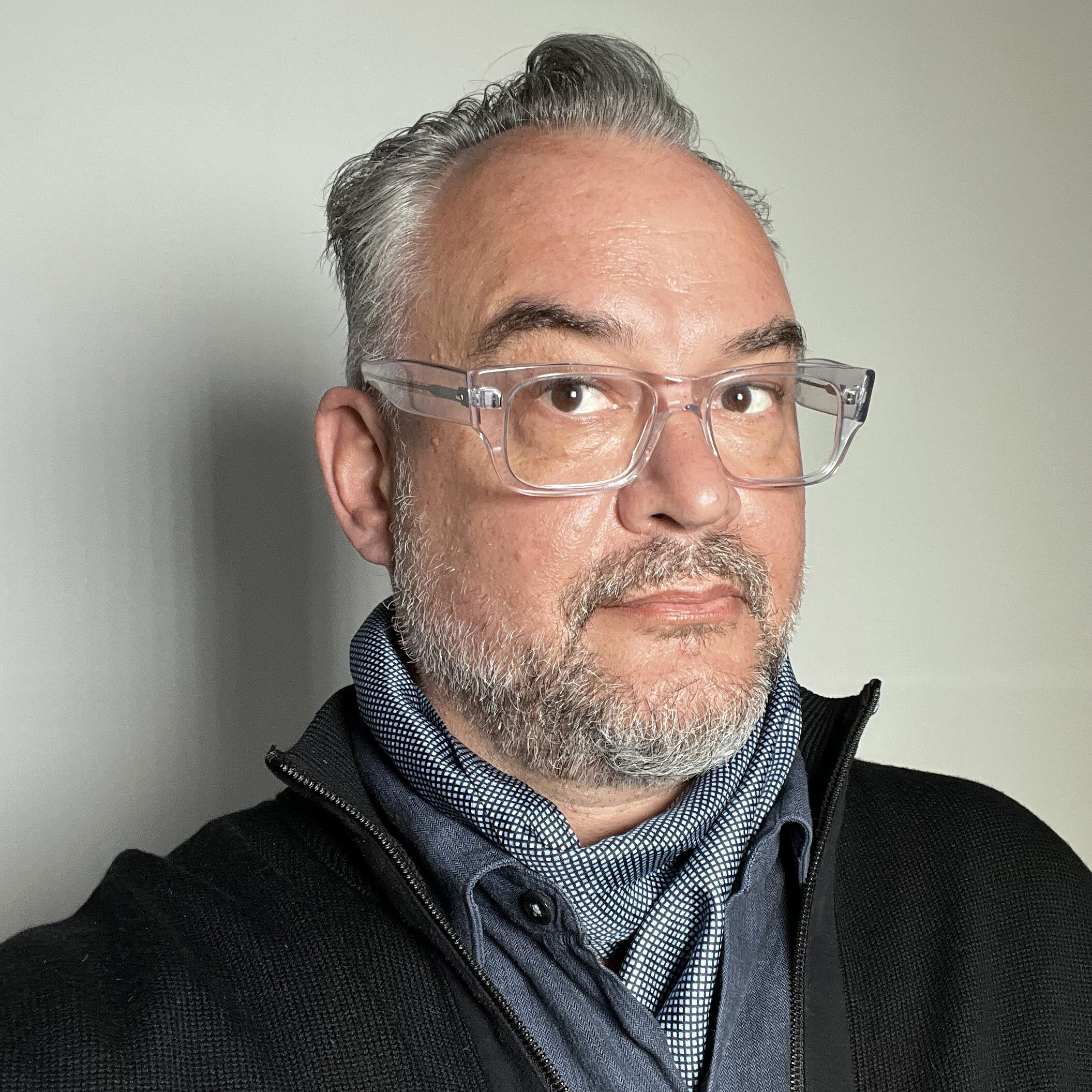
Robert Adams
Penny W Stamps School of Art and Design
Associate Professor of Architecture, A Alfred Taubman College of Architecture and Urban Planning, Associate Professor of Art and Design
College of Literature, Science, and the Arts
Professor in the Digital Studies Institute
view bio
Robert Adams [M.Arch. SCI-Arc] is an Associate Professor of Architecture at Taubman College, the Stamps School of Art & Design, and the Digital Studies Institute at University of Michigan. Additionally, Robert directs the University of Michigan Initiative on Disability Studies. Robert is an Arts & Humanities Scholar at the National Center for Institutional Diversity. Robert’s research focuses on the interplay between art, architecture, and design through disability culture, civic infrastructure, and responsive environments. In 2006, Robert co-founded B.A.S.E. Beijing Architecture Studio Enterprise and has extensive experience working in China where he consults with disability rights organizations, and collaborates with other artists and designers. Adams+Gilpin Design Studio was established in Los Angeles in 1996 with his partner Dawn Gilpin. The studio is currently integrating LiDAR 3D scanning technology to document significant sites that make cultural artifacts accessible to a broader audience through immersive spatial narratives. Robert [he, him, his] identifies as disabled.
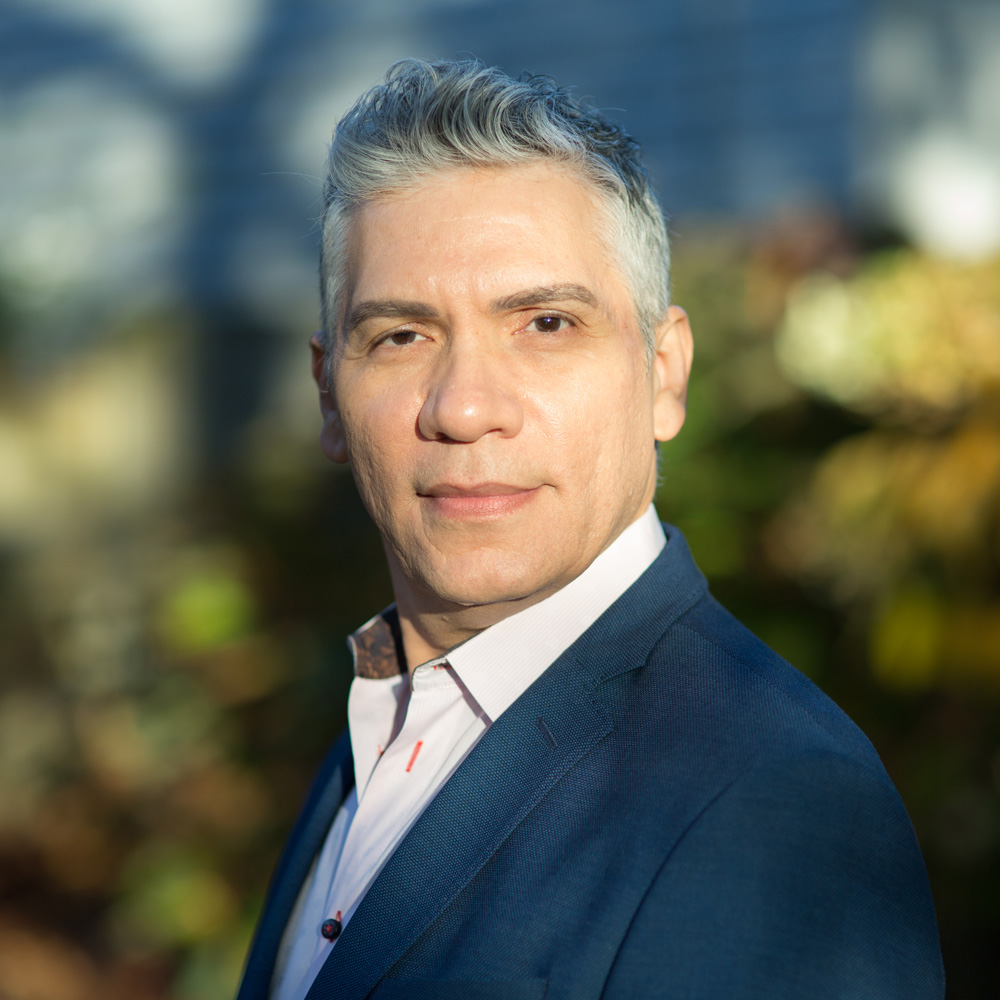
Rogério M. Pinto
School of Social Work
University Diversity and Social Transformation Professor, Berit Ingersoll-Dayton Collegiate Professor of Social Work, Associate Dean for Research and Innovation, Professor of Social Work
School of Music, Theatre & Dance
Professor of Theatre and Drama
view bio
Born in Belo Horizonte, Brazil, Rogério M. Pinto uses art-based methods to conduct community-engaged research in the United States and Brazil. Funded by the National Institutes of Health and other sources, Pinto investigates strategies for improving delivery of services (HIV and drug-use prevention and care) and develop/test interventions to help racial/ethnic and sexual minoritized groups develop critical consciousness and health promotion behaviors.
Pinto performed “Marília,” his one-person play, on New York City’s Theatre Row in 2015 and at the University of the Free State in Bloemfontein, Vrystaat, South Africa in 2016. “Marília” won the United Solo Festival Best Documentary Script. In “Marília,” Pinto explores the tragic death of his three-year-old sister and how it haunts and inspires the family she left behind. He built the “Realm of the Dead,” an art installation to investigate his own marginalization as a gender non-confirming, mixed-race and Latinx immigrant. “Realm of the Dead ” was presented at the School of Social Work as part of its Centennial celebration (2021), and at the Annual Conference for Alliance for the Arts in Research Universities (2022).
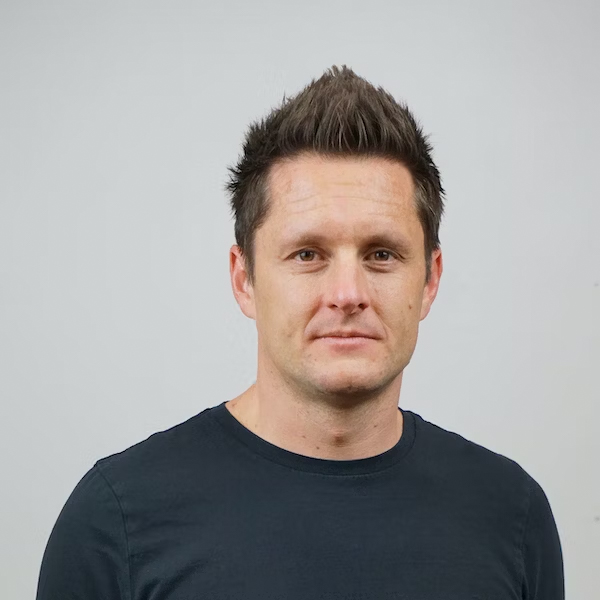
Roland Graf
Penny W. Stamps School of Art & Design
Associate Professor of Art and Design
view bio
Roland Graf is a media artist, design researcher, and inventor. He collaborates across disciplines to design platforms, games, and interactive systems that reframe the body and interactivity in the built environment. Graf’s doctoral research focused on tracing a convergence of artistic and ludic (i.e., playful) engineering approaches at the intersection of interactive art and human-computer interaction. His current research explores the roles of play and playful exploration of emerging technologies in prototyping and building more accessible and inclusive futures.
Graf initiated and directs several interdisciplinary research collaborations at the University of Michigan including: Daylight Media Lab, a collaboration with material scientists and engineers exploring sunlight as a medium for interactive outdoor media systems; Internet of Shoes, a sensory networking platform for street-level interactions in collaboration with engineers of embedded wireless technologies. His most recent research with computer engineers, iGYM, is an inclusive augmented reality system that enables people with different abilities to play and exercise together. Funded by the U-M Exercise & Sport Science Initiative, it received the Best Paper Award in the proceedings of CHI Play 2019 and was featured in more than 300 media outlets including The New York Times, The Washington Post, ABC News, Houston Chronicle, and USA Today.
Graf is also a co-founder of the artist collective Assocreation, whose oeuvre includes a wide range of interactive installations, happenings, and urban interventions. Assocreation’s work has been shown internationally in galleries, museums, and at art festivals, conferences, and computer/world expos, including the Bienal de Valencia, The Vienna Künstlerhaus, Museum of Modern Art in Warsaw, CENTRALE for contemporary art in Bruxelles, Ars Electronica Festival in Linz, CeBIT in Hannover, EXPO 2017 in Astana, TEI’15 in Stanford, as well as in the streets of, among others, New York, Detroit, Sao Paulo, Istanbul, Mumbai, Hong Kong, and Kathmandu.
Throughout his career, Graf has often worked simultaneously in different creative domains including art, architecture, and product design. His individual and collaborative work in these domains has received awards, patents, and international recognition including: the Excellence Award at the Japan Media Arts Festival for the street video game Solar Pink Pong, the Prix Ars Electronica Distinction in the Category of Interactive Art for the telematic sidewalk Bump, Winner of the National Play Everywhere Design Challenge with the urban intervention Brightmoor Runway, Feldmark licensed to the German retailer Magazin, Slim Jim exhibited by Fredericia at the Milan Design Week.
Since relocating to the USA in 2011, Graf has also collaborated with communities at the heart of Michigan’s postindustrial society on public art and design/build projects such as “Camp Take Notice” in Ann Arbor, and “Black Men for Social Change” in Flint. Before joining the Stamps School of Art & Design faculty, Graf was an Assistant Professor in the Department of Spatial and Sustainable Design at the Vienna University of Technology.
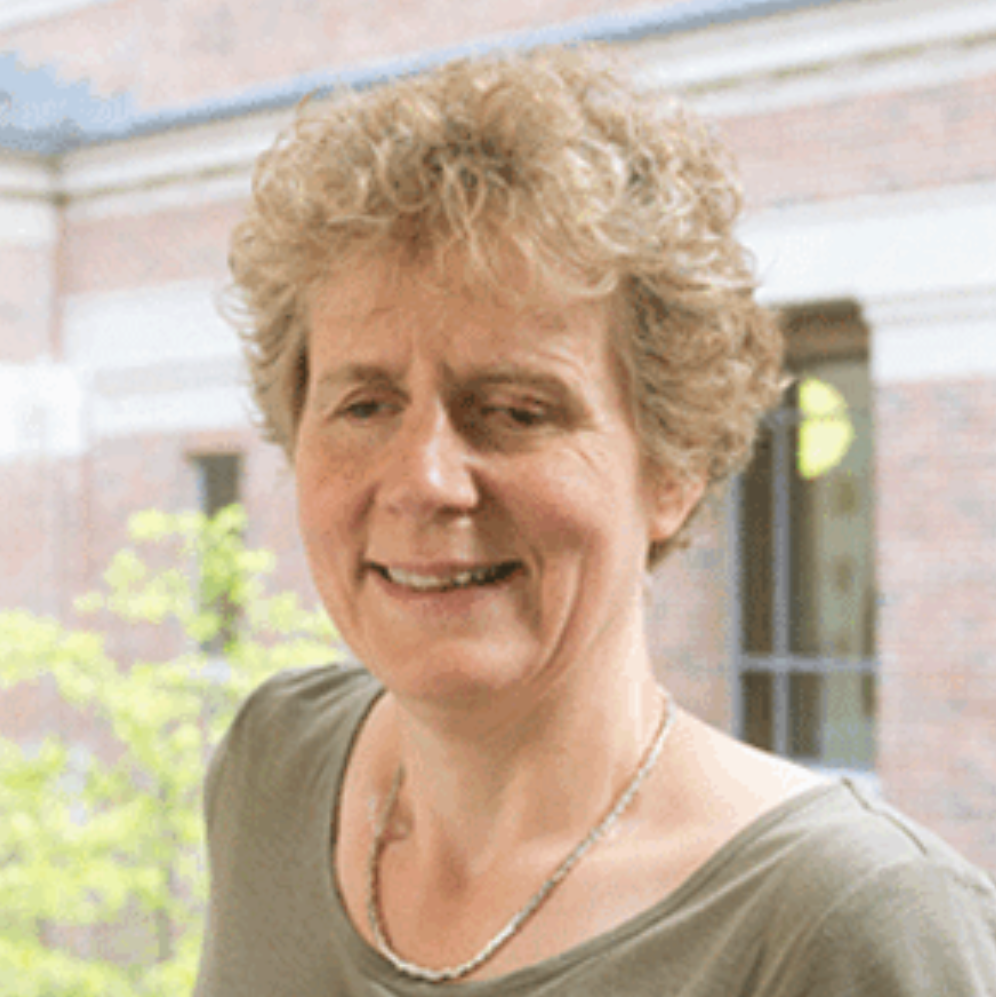
Sile O’Modhrain
School of Music, Theatre & Dance
Associate Professor of Music
School of Information
Associate Professor of Information
view bio
Sile O’Modhrain has worked as a researcher and faculty member both in the U.S. and abroad, including at the prestigious MIT Media Lab, Media Lab Europe, and at the Sonic Arts Research Center at the Queen’s University of Belfast. She has also worked for BBC Radio as an audio engineer and program producer. Her research focus is on haptics–touch and gesture–and its relationship to music performance, and on the development of new interfaces for technology-enhanced instruments that extend the boundaries of musical expression. Also impressive is her combination of experience in many areas related to audio, psychoacoustics, computer music, cognition, and gestural control of music. She is internationally known and respected in her field, as evidenced by her record of scholarly accomplishment in well-regarded journals and as a frequent speaker at international conferences.
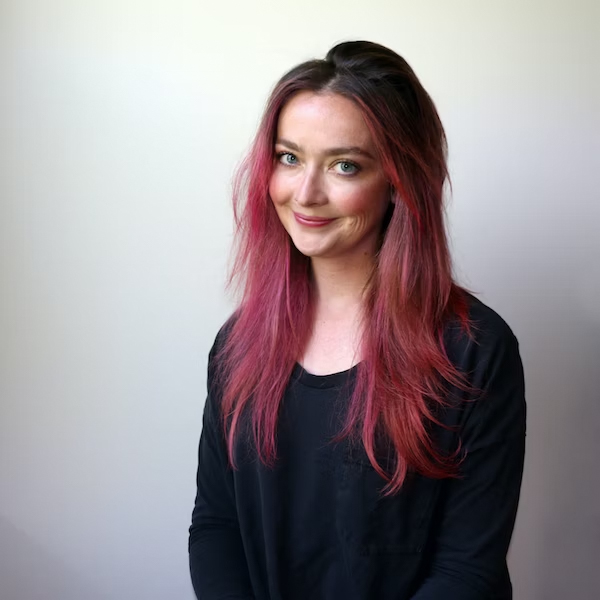
Sophia Brueckner
School of Information
Associate Professor of Art and Design, Penny W Stamps School of Art and Design, Associate Professor of Information
College of Literature, Science, and the Arts
Associate Professor of Digital Studies Institute
view bio
Sophia Brueckner, born in Detroit, MI, is a futurist artist/designer/engineer. Inseparable from computers since the age of two, she believes she is a cyborg.
She received her Sc.B. in Computer Science and Applied Mathematics from Brown University. As a software engineer at Google, she designed and implemented products used by tens of millions and later on experimental projects within Google Research.
Brueckner earned her MFA in Digital + Media at the Rhode Island School of Design and MS in the Fluid Interfaces group at the MIT Media Lab where she investigated the simultaneously empowering and controlling aspects of technology within computer programming, algorithms, user experience design (especially social networks) and tangible interfaces.
Since 2011, Brueckner has taught Sci-Fi Prototyping, a course combining sci-fi, extrapolative thinking, prototypes, and the ethics of invention/design at MIT, Harvard, RISD, Brown, and the University of Michigan. Both the class itself as well as the students’ individual projects received international recognition and were featured by The Atlantic, Smithsonian Magazine, Wired, NPR, Scientific American, Fast Company, and many others.
Brueckner is the founder and creative director of Tomorrownaut, a creative studio focusing on speculative futures and sci-fi-inspired prototypes.
Brueckner’s work has been featured by SIGGRAPH, Artforum, Eyeo, ISEA, the Peabody Essex Museum, Portugal’s National Museum of Contemporary Art, TEDx, the Bemis Center for Contemporary Art, and more. She is currently an assistant professor at University of Michigan’s Stamps School of Art and Design and School of Information where she teaches sci-fi prototyping, digital fabrication, creative programming, design, and art + technology. Her ongoing objective is to meaningfully combine her background in design and engineering with the perspective of an artist to inspire a more positive future.
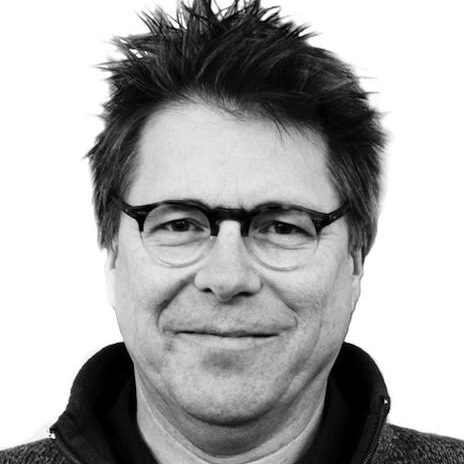
Stephen Rush
School of Music, Theatre & Dance
Professor of Music (Dance/Music Technology)
view bio
Stephen Rush (b.1958) is a professor at University of Michigan (35 years) and performs with his bands, “Naked Dance!” and “Crystal Mooncone.” He is a composer, pianist and the author of “Free Jazz, Harmolodics and Ornette Coleman.” He has recordings on Leo, Nessa, and ESP Disk’ and was a conductor of the Art Ensemble of Chicago (Pi Records). With his Digital Music Ensemble (at U-M) he has worked with Robert Ashley, Pauline Oliveros, Steve Swell, Henry Grimes and Alvin Lucier, and is very proud to have performed on every Music in the Mine concert at the Quincy Mines in Hancock, Michigan.
who is:
- Distinguished Professor of Music – University of Michigan
•Director of Summer Program in India
•Director, Digital Music Ensemble
•Diversity Scholar – UM
•co-Director – Research team on “Phenotypes for Hypopnea and Apnea Diagnosis” (techno trax with sleep data)
•author of a book on Anti-Racist Music Theory

Tom Bray
Penny W Stamps School of Art and Design
Converging Technologies Consultant and Adjunct Assistant Professor of Art and Design
view bio
N/A
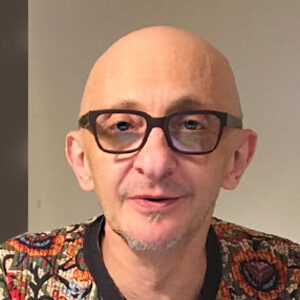
Vadim Besprozvany
School of Information
Lecturer IV in Information and Research Investigator
view bio
Vadim Besprozvany is a Lecturer at the University of Michigan School of Information. He teaches undergraduate and graduate courses in interaction design, visual design and communications, mentors independent studies in emotional design, animation, branding and identity, and design language. He is an ArtsEngine faculty liaison (UMSI) and is interested in growing intellectual collisions and collaborative practices driven by the arts, design, and engineering. He serves as a curator and consultant at the Odesa Contemporary ArtsMuseum (MSIO, Ukraine), and participates in art(co)archive initiative, which is dedicated to Ukrainian contemporary art. Besprozvany’s primary research areas include visual rhetoric, semiotics, media, cultural studies, and communications theory. He received his B.A./M.A.from Tartu University, Estonia, and Ph.D. from the University of Michigan.
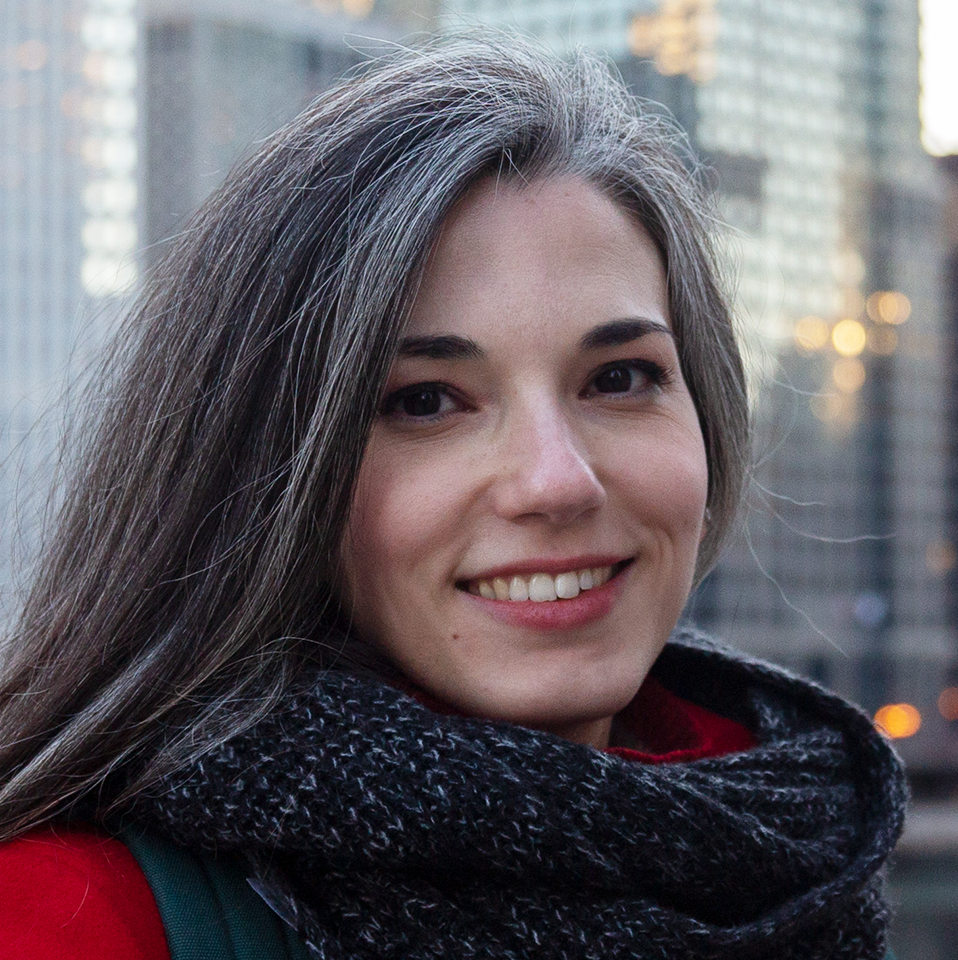
Zeynep Özcan
Performing Arts Technology
Assistant Professor of Music
view bio
Dr. Zeynep Özcan is an assistant professor and a faculty director of Girls in Music and Technology (GiMaT), Summer Institute at the Department of Performing Arts Technology at the University of Michigan, School of Music, Theatre & Dance. Dr. Özcan is an experimental electronic music composer, and she explores biologically inspired musical creativity, interactive immersive environments, and generative systems. Her artistic research practice involves audio programming, sonification, visualization, novel interfaces for musical expression, and multi-scale interactive sound and media art installations. She is passionate about community building and creating multicultural and collaborative learning experiences for students through technology-driven creativity.
